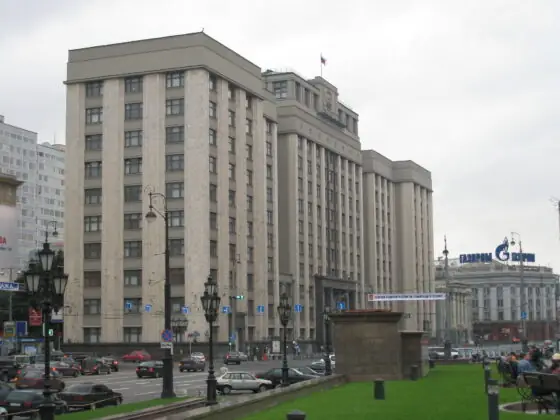Most observers agree that in the latter half of the past decade, the EU-Russian relationship lacked substance, despite official parlance characterizing it as a “strategic partnership.” True, Russian energy kept flowing to EU member states, providing cash to pay for European exports to Russia, but that was about it. On all other fronts, disagreements prevailed, from interpretation of the legal commitments with which members of the Organization for Security and Cooperation in Europe and the Council of Europe should comply, to the tug of war in their common neighborhood. The last tangible deal between Russia and the EU—visa liberalization and re-admission of illegal immigrants—was endorsed in 2005 and entered into force in 2007. All attempts to revitalize the relationship by launching negotiations on a new framework agreement have failed. Numerous rounds of talks have been held, but with few results. No wonder that Russian Foreign Minister Sergei Lavrov, analyzing his country’s foreign relations at a press conference in January 2010, could not find much to say about the EU. He mentioned the “strategic partnership” in passing, as if it did not deserve a separate sentence. His single substantial EU-related comment dealt with the latter’s insufficient efforts to protect the rights of Russian speakers in Latvia. […]
Memo #:
143
Series:
2
PDF:
PDF URL:
http://www.gwu.edu/~ieresgwu/assets/docs/ponars/pepm_143.pdf








